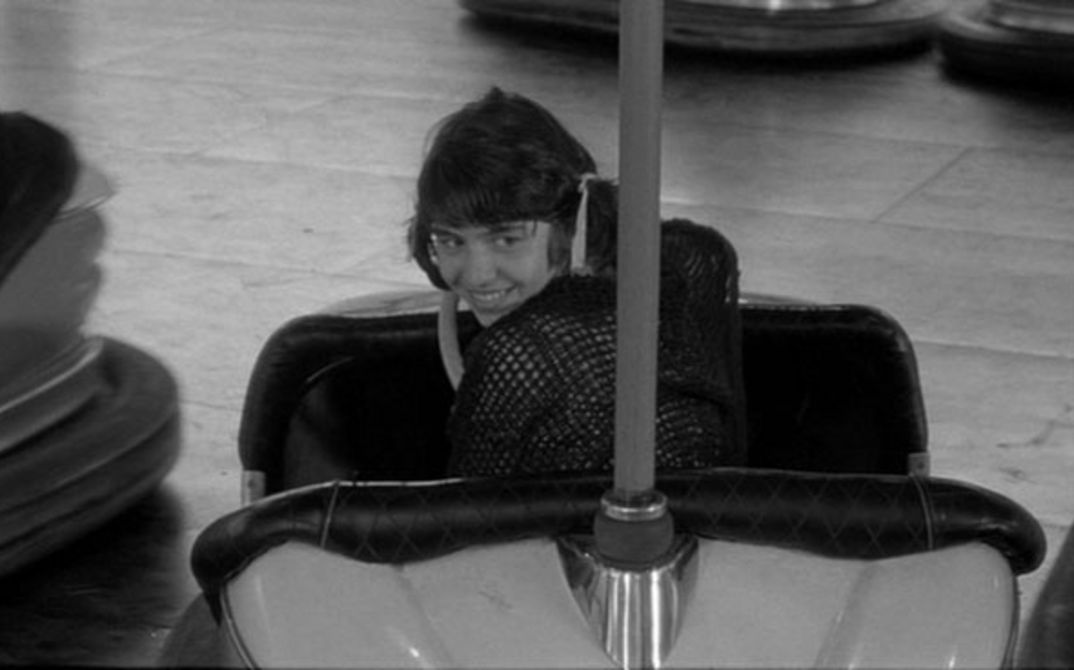
Robert Bresson Retrospective (2)
French filmmaker Robert Bresson (1907–1999) is one of the most radical and unconventional artists in the history of film. He developed his own unique film language in the 13 feature films he shot between 1943 and 1983, "writing in moving pictures and sounds" instead of focusing on dramatic acting. He formulated his thoughts and ideas about the aesthetics of cinema in his Notes on the Cinematographer that was published in 1975.
Bresson's incisive style ensures that his films are unmistakable. In formal terms, they are rigorous, elliptical, anti-dramatic and reduced to the bare essentials. The scenes unfold in a linear fashion, unburdened by unnecessary emphasis. The spare, sober form of his films matches their content: a cinema of reduction that tells of the suffering of the world whilst rejecting any sort of pity, transposing the drama to the protagonists' inner lives. His recurring themes are the feeling of being trapped, fragile freedoms, the loneliness of the individual and the struggle for recognition and love.
Our retrospective continues until May 7 with repeat screenings of eight of Bresson’s features and two documentaries about the filmmaker.


